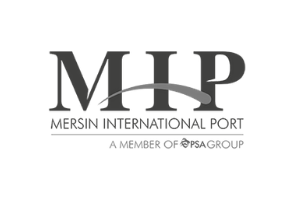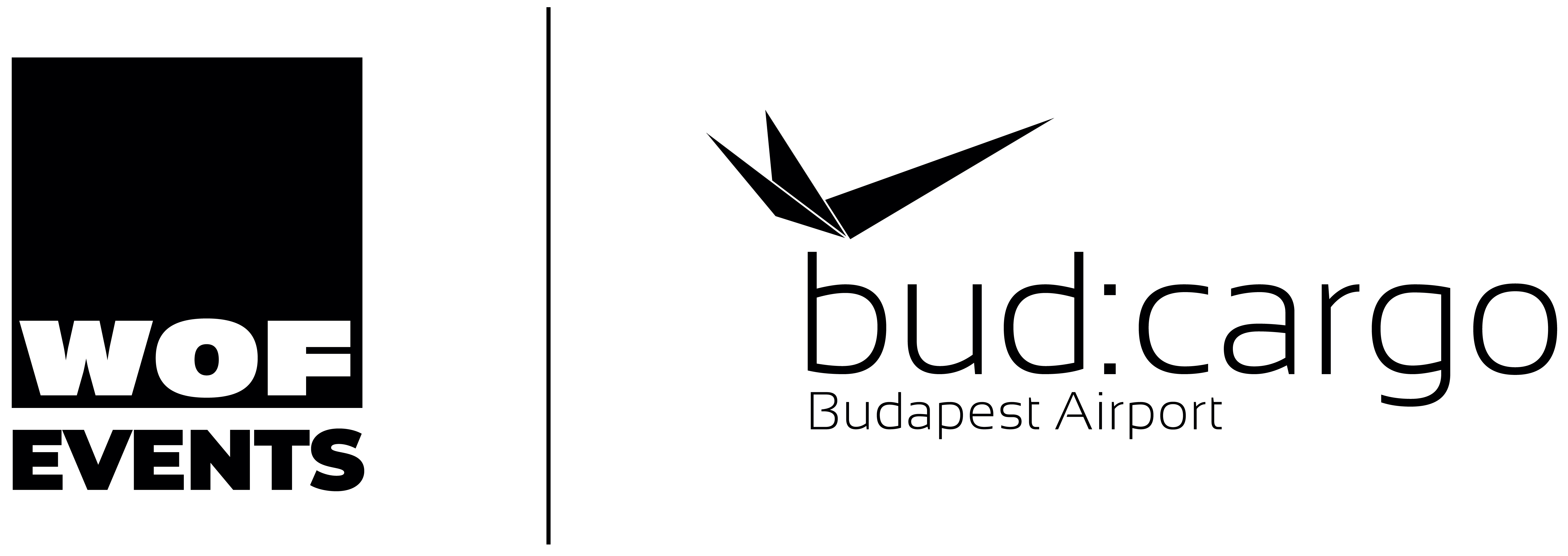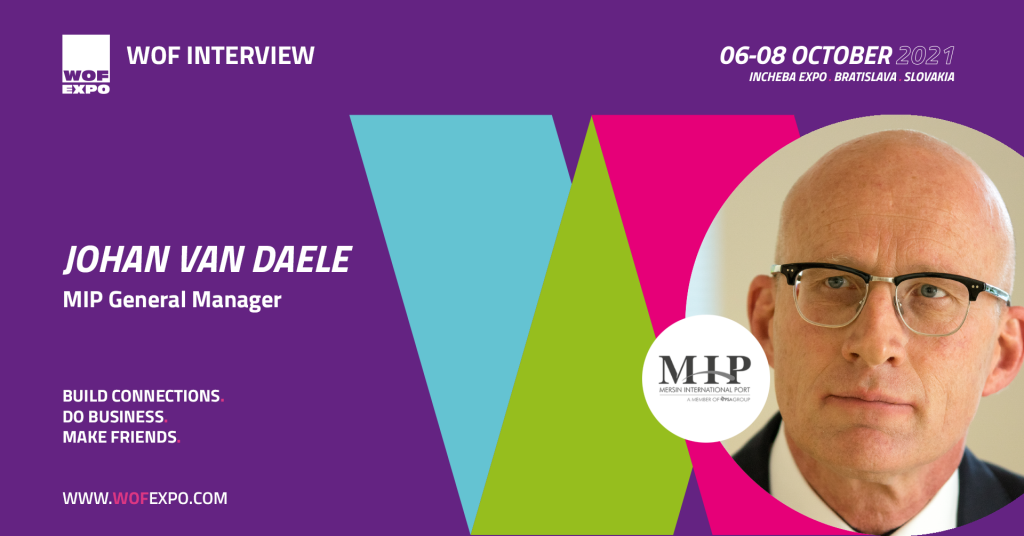Interview with Johan van Daele
| Mr. Johan van Daele is the General Manager of Mersin International Port and has 30 years of experience in ports and terminal operators and in a wide range of areas including operations, security, shipping and security, HSSE and cargo. Van Daele, who joined the maritime industry in 1989 in Noord Natie, breakbulk subsidiary of PSA, worked as PSA Security, Safety and Shipping Manager in Antwerp from 2006 to 2010 and during this date until 2017, he undertook the position of PSA Zeebrugge Container Operations Group Management. Johan Van Daele has played an important role in many projects, including mergers and acquisitions throughout his career. Van Daele, who joined MIP in 2017, is leading new high value-added development projects and he is developing strategic plans accordingly. He has also completed his bachelor’s degree in Business Economy Department of Leuven University, and later completed his master’s degree in Marine Sciences at the University of Antwerp. |
| 1. Do you see increasing vessel capacity as a disruptor of the development of port services? It is certainly a challenge for all ports to respond quickly to the current evolution being driven by the shipping companies. The fact is that the trend for the commissioning of these larger container vessels is a consequence of the economies of scale, the growing global economy and of their aim to make the logistics chain more cost-efficient and sustainable. MIP is well aware of this inexorable development and we are following it closely. It goes without saying that MIP’s future projections and plans take this trend into account. The advantage for the terminal is that it means we will be able handle large volumes on a single vessel, resulting in more productive utilisation of our berths and equipment. Moreover, it is a fact that alliances between shipping lines will focus on mega-ships, creating a strong relationship between port and customers with cost-effective results for increasing cargo. On the other hand, mega-ships mean mega-ports and mega-investments for the industry. MIP is always in close contact with its shareholders, its customers and all other stakeholders to manage the potential impact on the industry and to keep the port ecosystem as resilient as possible to cope with the future consequences of increases in ship size. 2. Tell us about key areas where Mersin International Port has improved. What lies behind these improvements? Thanks to the particular conditions that set us apart from other ports & terminals in Turkey, MIP has a wide and effective reach, together with direct connections to its customers. Taking advantage of this, MIP has taken very important steps to build fruitful relationships with its customers and has greatly improved in the field of Customer Relations Management, supported by recent technological developments. Today, MIP is in a good position to engage with its customers and thus maintain customer satisfaction. The tools for this have been developed in recent years and are being transformed into smart applications that allow MIP and its customers to interact, giving and receiving feedback quickly and efficiently, both in normal times and in the difficult days of the Covid-19 pandemic. 3. What is your opinion about the positioning of WOF EXPO in the Central and Eastern Europe region? It will be a very good opportunity for MIP to introduce itself to market players in Central and Eastern Europe who have freight links to Turkey, the Eastern Mediterranean, Iraq and CIS countries, and who are looking for alternative options for shipments to/from these destinations and would benefit from the Free Zone adjacent to MIP. On the other hand, the city of Mersin has a strong port and logistics ecosystem (with warehouses, transport companies, customs agents and other logistics service providers) that offers extensive know-how and facilitates long-term business relationships with its hinterland in Turkey and neighbouring countries. 4. What will be the impact of Covid-19 on your further business development? 2020 started strongly, in line with the good economic expectations for Turkey, but the sudden outbreak from March changed the positive trend. Tough measures, including curfews and border-crossing closures, led to a loss of about 10% per month of throughput at MIP, mainly due to the loss of port calls and to suspended services, especially on the route to and from India and the Far East. In addition, problems with the repositioning of empty containers caused shortages of empty equipment that particularly affected trade with the Far East. On the conventional front, there were indirect effects of the pandemic, mainly due to the slowdown in various construction activities, with significant volume reductions for cement and other related construction goods. MIP is located in Turkey’s productive agricultural and mining zones, which provides benefits for both container and conventional trade, but MIP also supports the hinterland as a bridge for the supply of raw materials and the export of processed products to the main production centres. Therefore, the flow of goods through MIP will continue, not only because of its strategic position for the Turkish market, but also because it is an important gateway to neighbouring countries and CIS countries. MIP will take the necessary measures and precautions to properly manage this movement of goods and is well aware of the fragile nature of this business and of trade. As for the development of internal processes, our experiences during the pandemic have shown that MIP needs to take further steps to improve the efficiency of the service. The unmanned and smart operating models already available in our investment plan need to be implemented at an accelerated pace to overcome the constraints that will arise after the pandemic. MIP’s digital transformation process should support the market and customers in accelerating our logistic operations in a cost-effective manner. |
 | Mersin International Port The construction of the port of Mersin started on 3 May 1954, with a vision to maintain and strengthen its position as a leading port in Turkey and the East Med region. It is Turkey’s largest container port and it is one of the most important container ports in the Mediterranean, with its transit and hinterland connections to the Middle East and the Black Sea. Mersin International Port (MIP) supplies a significant part of Turkey’s import and export volumes thanks to its extensive hinterland, accessible transport possibilities and highly qualified workforce. The company’s mission is to be the port of choice in Turkey and the East Med region, a port known for its dedicated team and for offering operational excellence, customer focus and continuous innovation.
en.mersinport.com.tr |

